Upcoming 2023 Newell Lecture
Kendall Gerdes
Assistant Professor, Writing and Rhetoric Studies
October 19, 2023
L. Jackson Newell Liberal Arts and Sciences Lecture Series
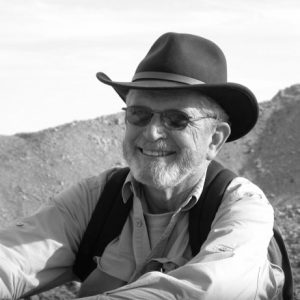 Background
Background
In 2019, Honors faculty created a lecture series to showcase the faculty across campus for their contributions and showcasing them to a public audience. The lecture series was names for Jack Newell, because of his long-standing contributions to that liberal arts tradition in higher education.
Jack Newell
Jack Newell, a historian and philosopher of higher education, joined the University of Utah as professor of higher education in 1974. He served for sixteen years as Dean of Liberal Education – now known as undergraduate studies. In that role, Jack relentlessly pursued passionate liberal arts and science faculty and persuaded them to teach undergraduate courses and to bring students along with them to the intellectual frontiers.
One of Jack's characteristics is how he lives his values by engaging the broader Utah community. He co-founded and taught in the Clemente Program for low-income adults downtown, a program which now—as a partnership between Utah Humanities, Honors College, Westminster College, and SLCC—has high school versions at East and West high school. This program serves as a pipeline for first-generation students to the U.
This fellowship and lecture series allows us to extend the Honors ethos of intellectual curiosity and liberal arts education to other faculty on this campus – and to continue Jack’s tradition of connecting the community to liberal arts and science faculty with a deep passion for their work.
Previous Newell Lectures
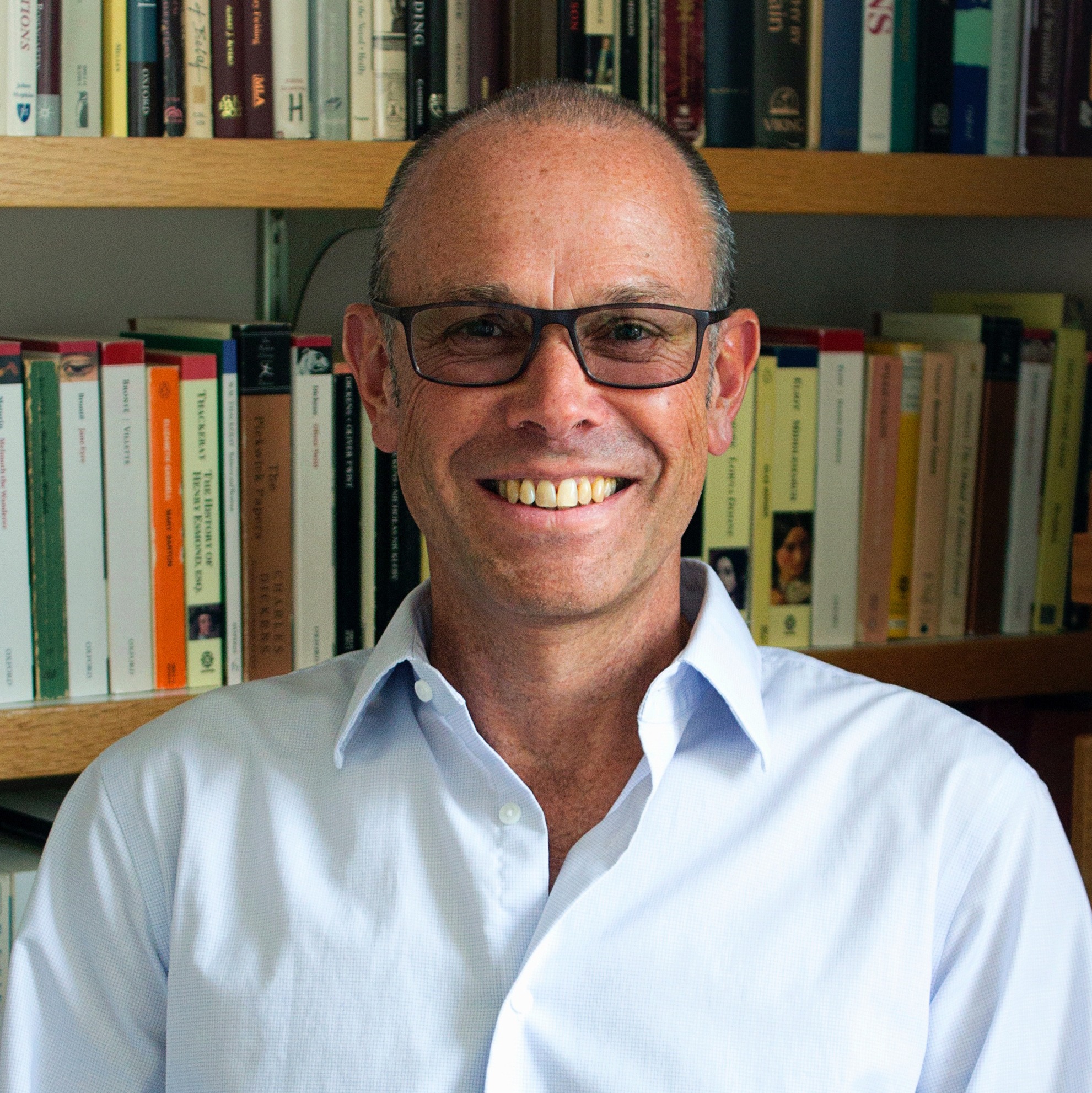

2019 Inaugural Lecture: Scott Black, Professor and Chair of the English department. His September 19 talk will be about Ursula K. LeGuin’s book “Five ways to forgiveness” – which was the summer read for incoming students. His talk will outline issues in the control (or lack of control) humans may have in relation to the natural world, and the ways that LeGuin’s fiction illuminate the limits of control and the need for a different relationship with our world, one in which technological advances are not going to save things in the utopian sense in which we may have imagined the future.
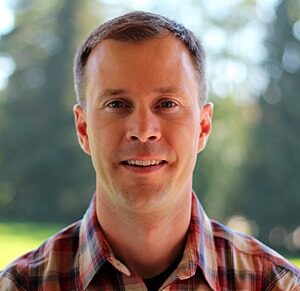
2020 Lecture: Dr. Moore is a faculty member in the department of geology and geophysics here at Utah. He arrived here after completing his PhD at the University of California Berkeley, and spending postdoctoral time at Berkeley National laboratories and in Zurich, at their department of Earth Sciences. He is a recipient of both the outstanding Faculty Research award and the outstanding faculty teaching award from his department and has a long history of being recognized for his speaking and instruction. He makes time and space within his research for mentoring undergraduate and graduate students from departments across the institution, and in the spirit of public intellectual engagement, has done educational outreach within the juvenile justice system, worked with artists, and briefed members of the federal and tribal governments as well as the general public on issues around rock vibrations – from risks to rocks of human-induced vibration, to risks to people from landslides. Dr. Moore's work has been featured in publications such as the New York Times, the National Science Foundation, and BBC News.
Dr. Moore’s presentation itself illustrates his flexibility, ingenuity, collaborative skills and commitment to public science – in the way he worked with us to do something very special in this pandemic year. Tonight, we will screen for you a short film about Dr. Moore and his work, which will be followed by some comments by Dr. Moore, and Q&A from the audience. I’d like to acknowledge our wonderful colleague Darryl Butt, Dean of the College of Mines and Earth Sciences, who supported the making of this film, as well as Bill Oakley and the students in ADTHING in the Eccles School of Business who teamed up with Zak Phillipy, a local film maker, to actually make the film.
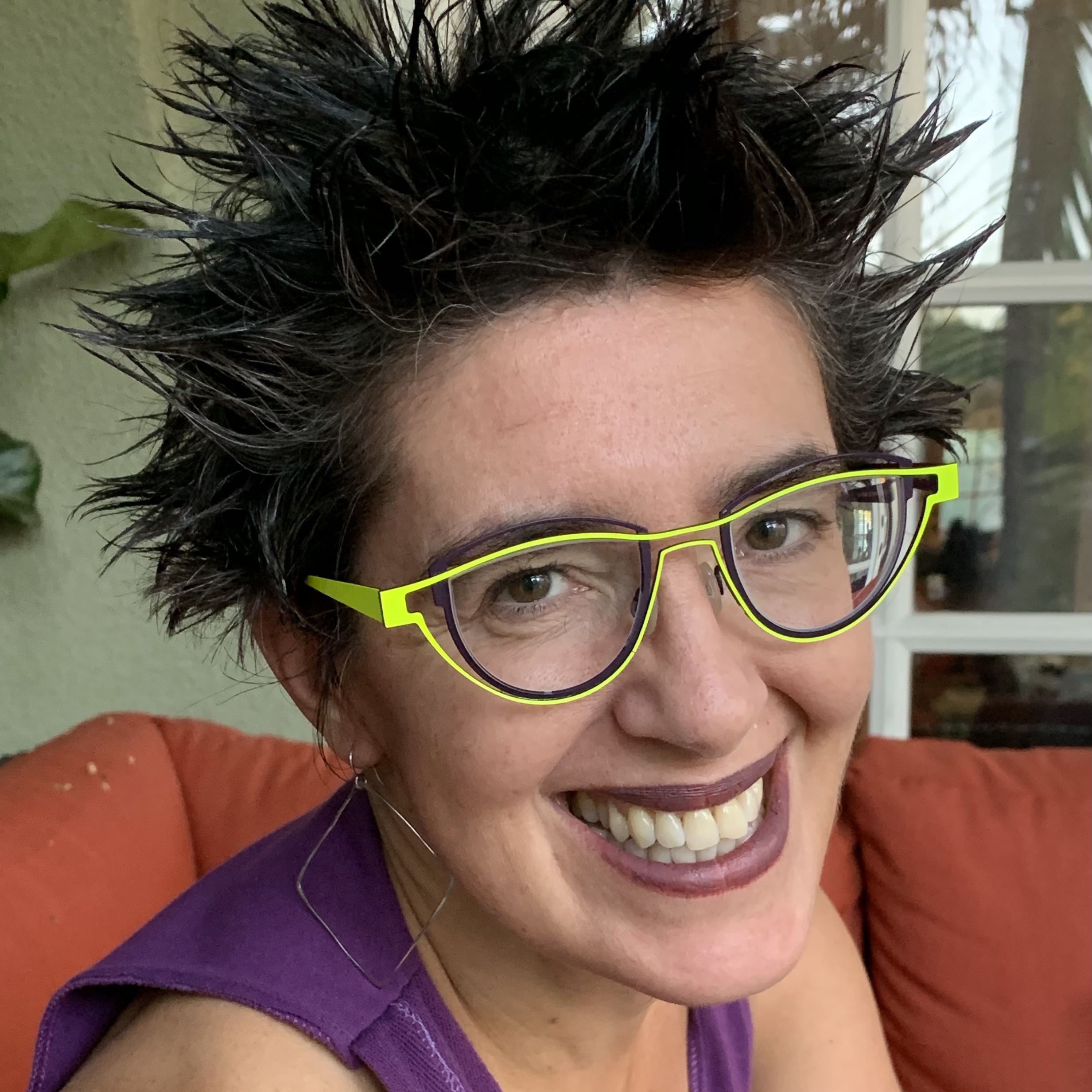

2021 Lecture: Lisa Diamond. Why are some of us sexually attracted to certain genders, but not others? Historically, this question has been framed in terms of same-gender (“gay”) versus other-gender (“heterosexual”) sexuality, but it’s really a question about gender and sexuality more broadly. Why does gender matter at all for human sexual expression (and by the way, what the heck is gender?). The answers to these questions vary dramatically depending on one’s disciplinary field: Historians provide different answers than sociologists, who provide different answers than evolutionary biologists, who provide different answers than psychologists, who provide different answers than queer theorists. None of these perspectives are “right” -- alternating between them is the only way to fully grasp the complexity of social, interpersonal, biological, and cultural influences on gender and sexuality. In this talk I will discuss how the field of genetics has begun to radically transform our thinking about same-gender sexual expression. In 2019, a top-notch team of geneticists published a landmark study in Science analyzing the full genomes of nearly 500,000 US and UK adults. The “take-home” message trumpeted in media coverage of the study was relatively simplistic: “Same-gender sexual behavior is genetically influenced.” But what exactly does that mean? Does it imply that sexual orientation is genetically influenced? How do the findings of this landmark study concord with what we know from historians, sociologists, and psychologists about gender and sexuality? In this talk, I will convince you that these new genetic findings contain the seeds of a radical new perspective on gender and sexuality, one which has the potential to bridge divergent disciplinary perspectives on this topic and to yield new understanding of the mental and physical health implications of human sexual expression.
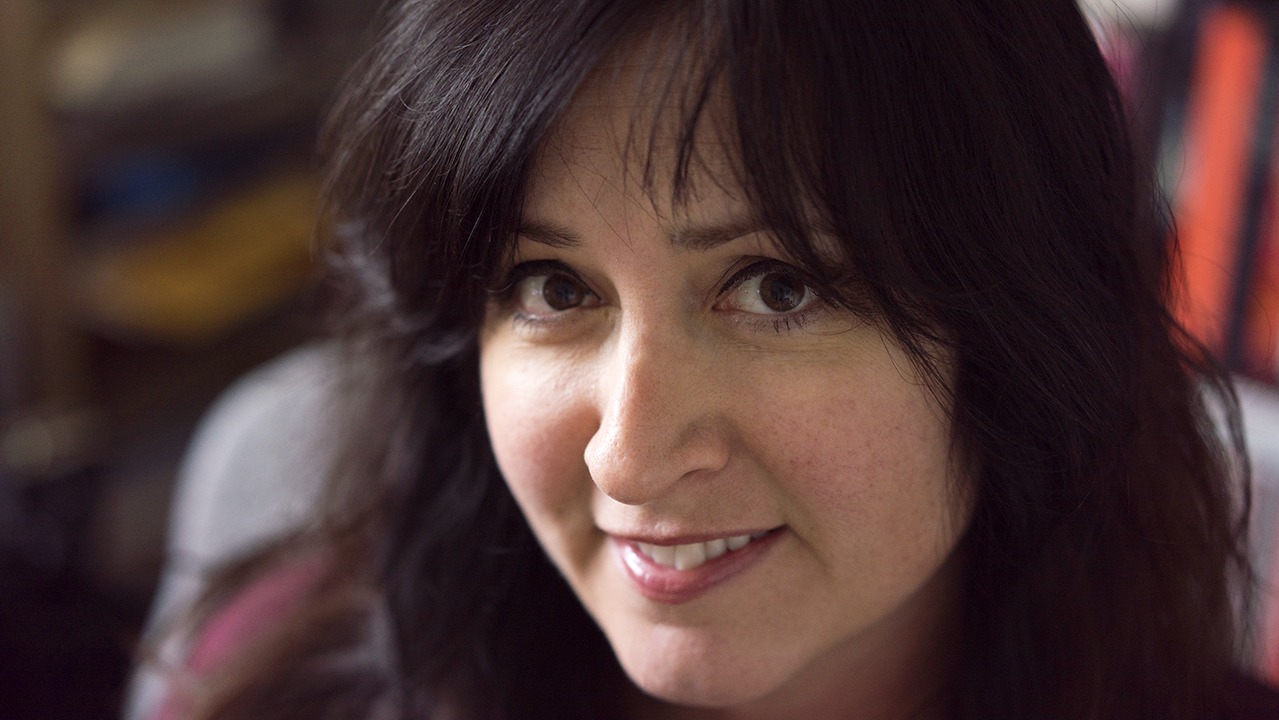

2022 Lecture: Wendy Wischer. As an interdisciplinary visual artist, I am compelled to focus on environmental issues; finding pathways to translate data into personal meaning and create artwork that moves the viewer poetically. Through my explorations, a wide range of data is sought after that can be used to creatively link nature with technology, science with mythology and personal identity with universal connections while addressing our current environmental crisis in hopes of finding impactful ways to connect people more deeply with the environments they live in and with each other.
